Spacelab contributed to the 2024 Bright Night event together with colleagues and friends from the Robotics, Automation and Autonomous Systems Lab of UniPi!
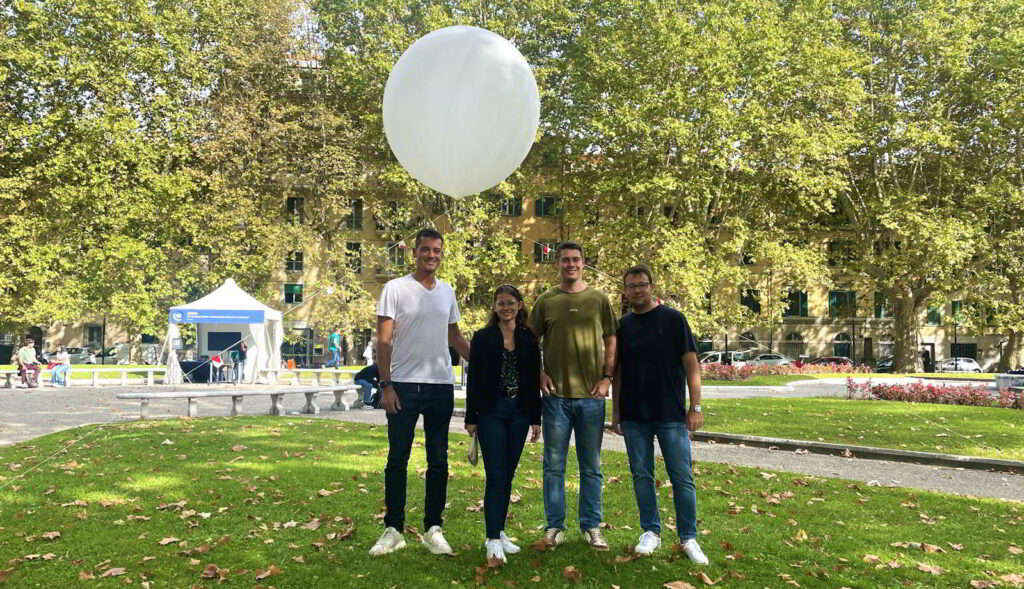
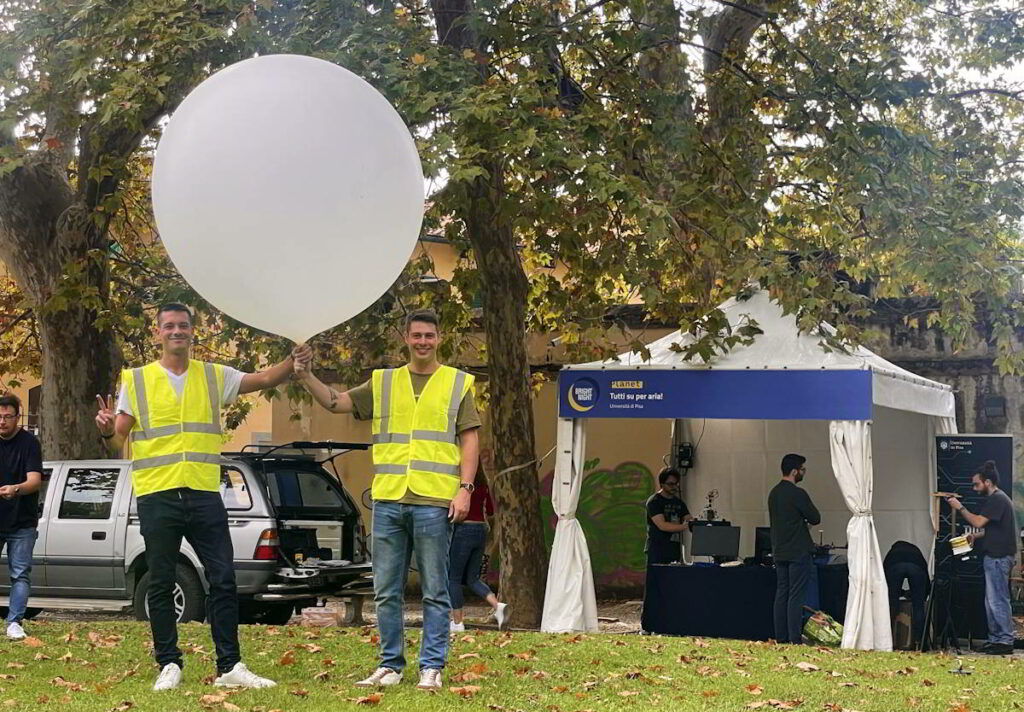
Spacelab contributed to the 2024 Bright Night event together with colleagues and friends from the Robotics, Automation and Autonomous Systems Lab of UniPi!


We attended ASI’s workshop “L’impegno italiano nel settore dei CubeSat: tecnologie e missioni future” – 2° edizione” in Rome on July 2-4, 2024. A great opportunity to present our forthcoming EXCITE mission!
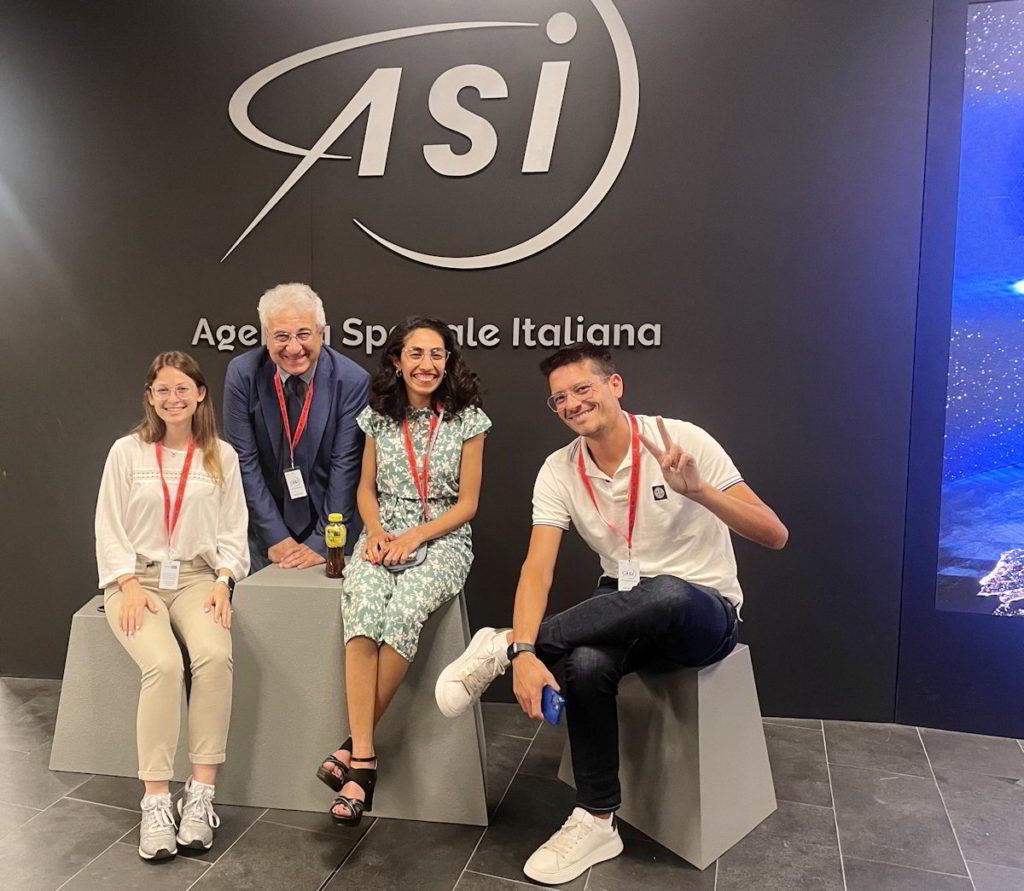
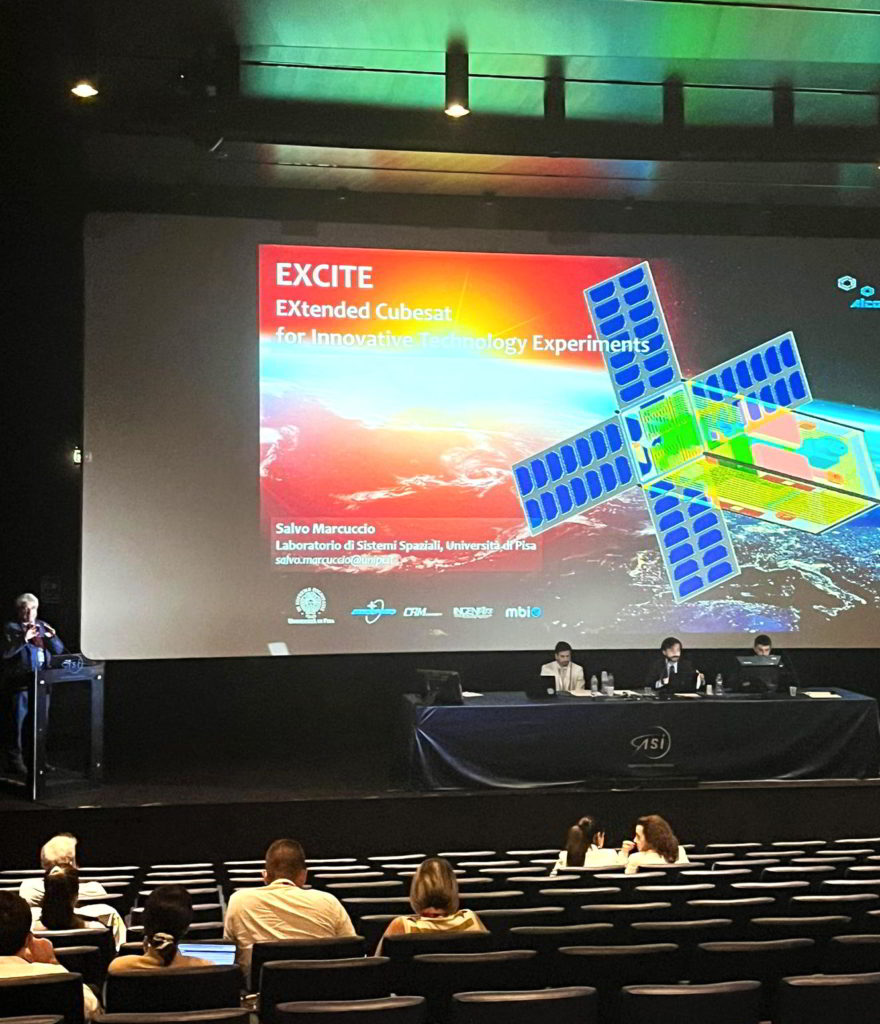
The Volcanosonde is an integrated sensor package for volcanic plume data collection including gas detectors, particle counters and a real-time telemetry system, developed by the Space Systems Lab in the frame of the VOLANDO project. Derived from our stratospheric radiosonde design, the Volcanosonde is a successful case of technology transfer from aerospace to the environmental monitoring sector.


On June 25, 2024, Alessandro flew to Mt. Etna to join Stefano, Lorenzo and Dario of INGV for the first field test of the Volcanosonde. The team collected excellent data, confirming and exceeding the system’s performance expectations and opening the way to the forthcoming operational use on Etna’s volcanic plumes.
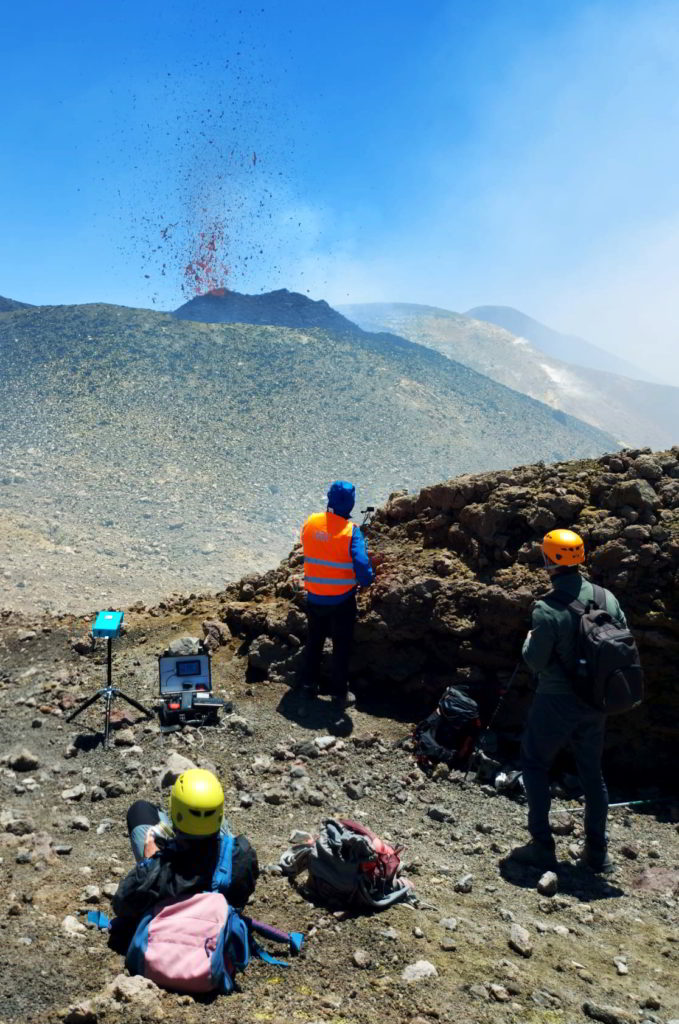

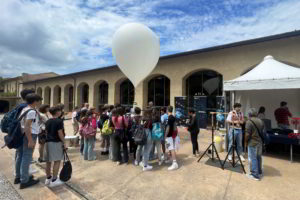
Saturday May 25, 2024 – We are at the Festival della Robotica, Stazione Leopolda, Pisa, with our tri-tethered aerostat and attitude control platforms. Nice exhibit with lots of visitors!
The Space Systems Laboratory will take part as an exhibitor at the Earth Technology Expo in Florence, October 13-16.
UniPiHAB 04 was our first nighttime flight. We flew a scientific payload, the MINLU stratospheric gondola developed by the Dept. of Industrial Engineering & CISAS “G. Colombo” of theUniversity of Padua. MINLU includes a number of optical instruments dedicated to the measurement of light pollution in the nocturnal sky. The mission was a success, both scientifically and operationally. We learned a lot on the effects of sun heating (or lack thereof) on balloon dynamics.
The first Balloon Altitude Control System (BACS) prototype has been successfully demonstrated indoors in a week-long series of tests, delivering a large quantity of important experimental data. BACS functionality is now proven in tethered flight at 3 m altitude (!) and the system is ready for flight testing at 30+ km. Many thanks to the colleagues of the Aerospace Structures Lab for lending us the workshop space!
UniPiHAB03 was launched at 12:15 on Saturday, March 20, from Lajatico (PI). The balloon lifted a payload of 4 kg up to 33750 m in the stratosphere. Experiments onboard included a custom-built solar power system with terrestrial photovoltaic cells, a telemetry system based on LoRa, and inertial sensors for determination of attitude and acceleration of the payload gondola. Later in the day, the experimental package was retrieved in good conditions in a mountain zone close to Cortona, at the border between Tuscany and Umbria.
The University of Pisa sponsors student experiments to fly on High Altitude Balloons. Three experiments will be selected to fly in the stratosphere; funding for building the experiment is provided, as well as the assistance of the Space Systems Lab staff. Deadline for proposals: May 7, 2021. More info at this page.
A dedicated solar array for the µHAB platform is ready to fly on our next stratospheric balloon. The solar array is based on low cost terrestrial cells with 20% BOL efficiency at AM1.5. The array has four panels of four cells each, made of carbon composites, and is equipped with a network of temperature sensors and voltage monitors.